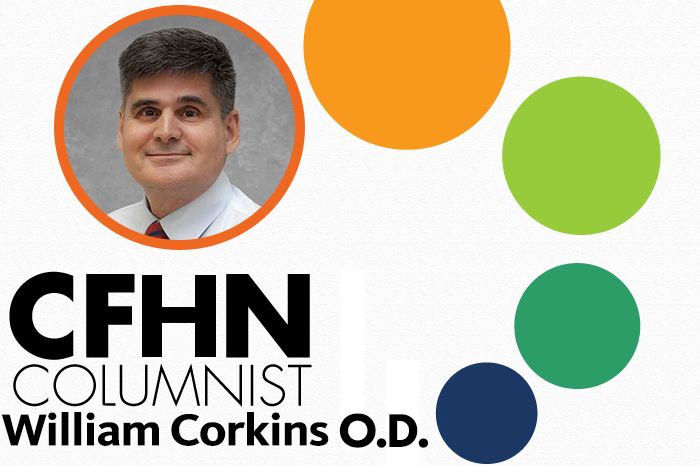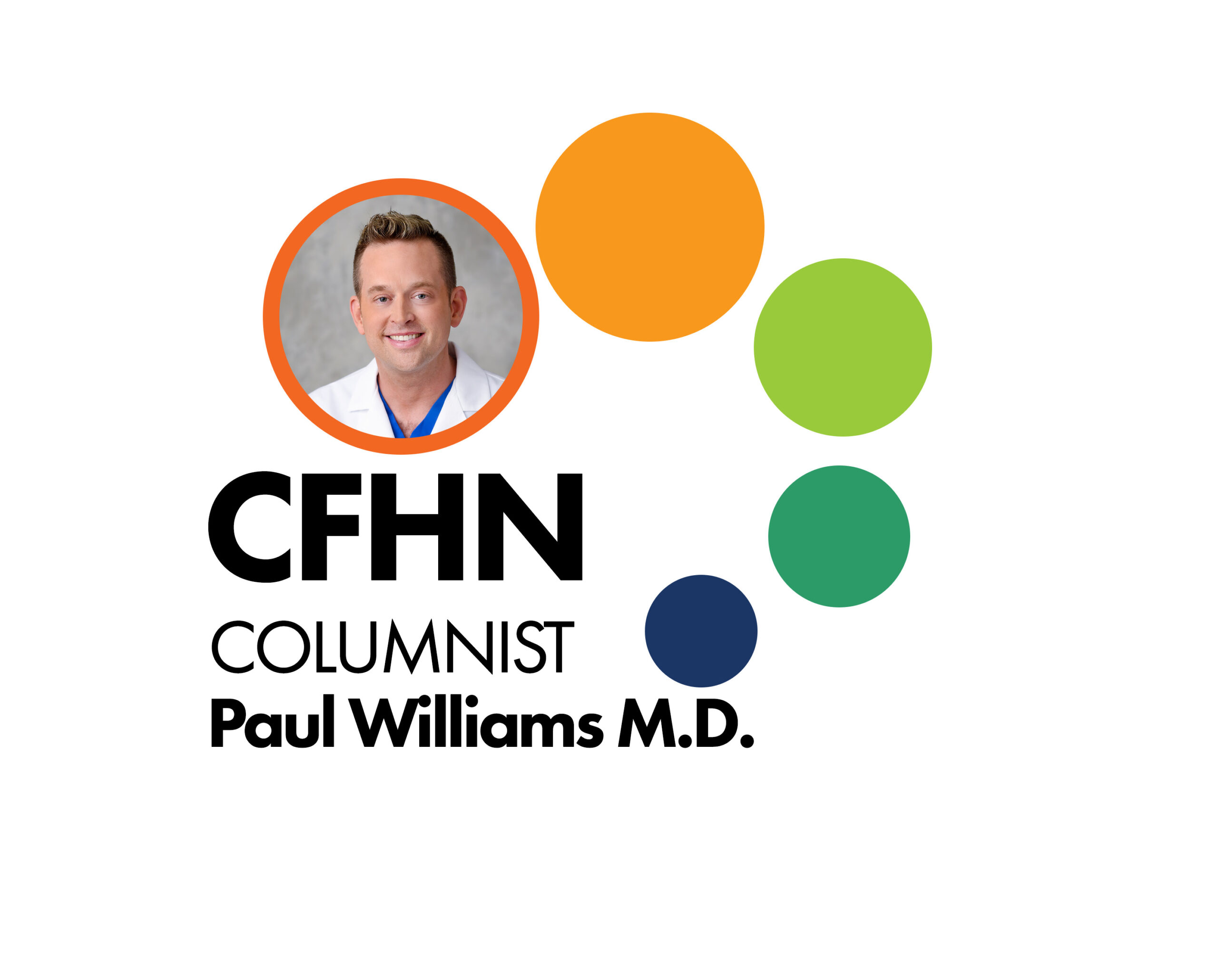
Health News
Features
-
Don’t Underestimate the Dangers of Heat-Related Illnesses
by TERESA SCHIFFER Sponsored by Central Florida Health Care It’s summertime, and that means it’s time to get out and have some fun! It’s important to keep in mind that soaring temperatures here in Florida can lead to dangerous heat-related illnesses. Thankfully, if you know the symptoms to watch for, you can keep yourself and…
-
Pop Quiz! Hair Today, Gone Tomorrow
Test Your Knowledge to Get to the Root of Your Hair Loss They say your hair is the crown you never take off, but what if that crown has been tarnished by hair loss? There are many reasons why your hair may be thinning, and you need to figure out those reasons before turning to…
-
Getting You On the Right Path
Behavioral Health Navigators Steer Polk Residents to the Right Resources by TERESA SCHIFFER The first step toward overcoming a mental health or behavioral problem is acknowledging the problem and seeking treatment. Unfortunately, finding the right resources that can provide that help can be challenging. Peace River Center has introduced a new program providing guidance for…
Columns
-
“Doc, I Was Told I Have Granulated Eyelids”
Once in a while, a patient will tell me that a previous doctor told them they had “granulated eyelids.” What does that mean? What they are describing is a medical condition called blepharitis. Most of the time, blepharitis is caused by the staphylococcus bacteria that normally live on our skin. The bacteria are there continually,…
-
Understanding Valvular Heart Disease
The heart has four valves that keep blood flowing in the correct direction. These valves are the mitral valve, tricuspid valve, pulmonary valve and aortic valve. Each valve has flaps (cusps or leaflets) that open and close once during each heartbeat. Sometimes, the valves do not open or close properly. If a valve doesn’t fully…
-
AdventHealth Heart of Florida Receives National Breast Cancer Accreditation
AdventHealth Heart of Florida is honored to have been recognized by the National Accreditation Program for Breast Cancers (NAPBC) for the level of care and services we’re providing to our patients. As an NAPBC-accredited center, AdventHealth Heart of Florida is committed to maintaining levels of excellence in the delivery of comprehensive, patient-centered, multidisciplinary care,…





